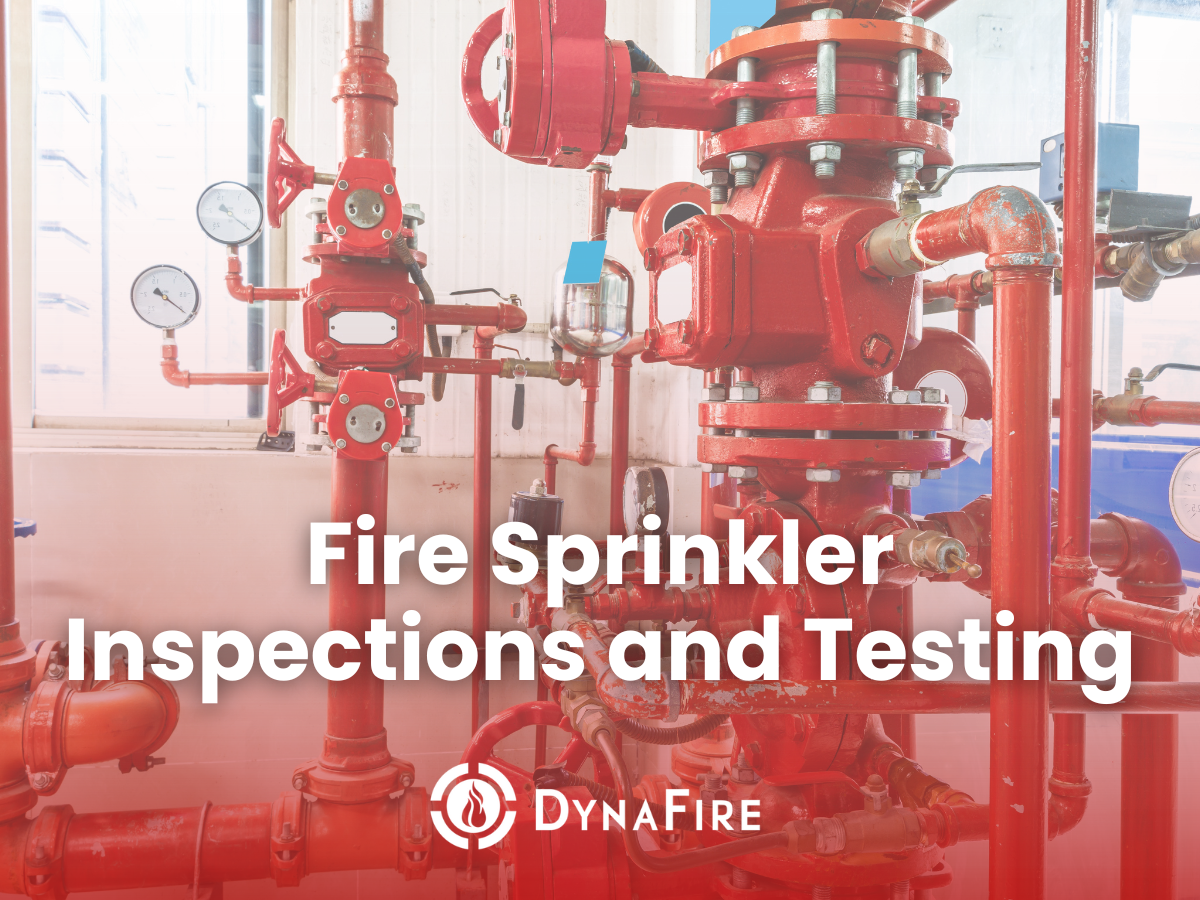Do fire sprinklers work during power outages? Learn how different fire sprinkler systems operate without power and what to consider for uninterrupted fire protection.
Power outages can strike without warning—during storms, equipment failure, or grid disruptions—and they often bring a host of concerns for facility managers. One of the most common questions during these situations is, “Will my fire sprinklers still work if the power goes out?”
The short answer is yes: most fire sprinkler systems are designed to operate outside of a building’s electrical supply. However, there are important exceptions and considerations you should be aware of to ensure full fire and life safety coverage, even in the dark.
Do Fire Sprinklers Work During Power Outages?
Yes, fire sprinklers can still work without power. Fire sprinklers are not triggered by electricity—they are activated by heat. When the temperature near a sprinkler head reaches a certain threshold (typically around 155°F), a heat-sensitive element inside the head breaks, allowing pressurized water to release from that specific sprinkler.
Because this process is mechanical and water is already present in the pipes (depending on the system type), sprinkler heads can activate without any reliance on power. This makes them extremely reliable during emergencies, including those caused or complicated by power loss.
Understanding Different Types of Fire Sprinkler Systems
Not all sprinkler systems are the same, and their functionality during outages can depend on their design. Here is what to know about the most common types:
Wet Pipe Systems
These are the most widely used fire sprinkler systems in commercial buildings. The pipes are always filled with water, and the sprinkler heads operate automatically when exposed to heat. Because wet pipe systems do not require electricity for activation or water delivery, they remain fully functional during a power outage.
Dry Pipe Systems
Dry pipe systems are filled with pressurized air or nitrogen, which holds a valve closed that keeps water out of the pipes until a sprinkler is activated. These are commonly used in unheated areas where water could freeze. While the valve system might use an electric compressor to maintain pressure, it can still operate during a short-term power outage. However, repeated activations or extended outages could impair performance if the air supply is not restored.
Pre-Action and Deluge Systems
These systems use more complex detection and control equipment that often requires electricity. Pre-action systems need a separate signal (such as a smoke detector) to release water into the pipes before the sprinklers can activate. Deluge systems in high-hazard environments open all sprinkler heads simultaneously when triggered.
Both systems rely on electrical detection equipment and may be compromised during a power failure, unless backed up by battery systems or generators.
What About Fire Pumps and Alarm Systems?
While the sprinklers may not need power, your facility might use components that do. Fire pumps, for instance, are essential in high-rise buildings or large structures where water pressure from the municipal supply is insufficient. These pumps require electricity and typically have backup power through generators or diesel engines to ensure continuous operation during outages.
Similarly, alarm panels, control modules, and communication devices that alert emergency personnel or building occupants usually rely on electricity. Modern systems often include battery backup, which must be maintained and tested regularly to remain effective.
Preparing for Power Outages with Confidence
To ensure your fire protection system is resilient during a blackout, consider the following steps:
- Schedule regular system walkthroughs and inspections. This helps identify components that may be vulnerable during outages and confirms that backup systems are operational.
- Test and maintain battery backups for alarm panels, communication devices, and control units.
- Ensure fire pumps and generators are serviced regularly and comply with NFPA standards.
- Work with a qualified provider like DynaFire to assess system readiness and make any necessary upgrades.
Stay Protected—Even in the Dark
Thanks to their heat-activated, mechanical design, most fire sprinklers are designed to keep working even if your facility loses power. Still, components like fire pumps, alarms, and specialized systems may need additional safeguards to ensure uninterrupted performance.
Whether you are preparing for hurricane season, evaluating your emergency preparedness, or want peace of mind, DynaFire can help. Our team designs, installs, and services reliable fire sprinkler systems throughout Florida, and we are here to ensure your fire protection strategy works when it matters most.
Contact us today to schedule a walkthrough or learn how to enhance your fire and life safety systems.






